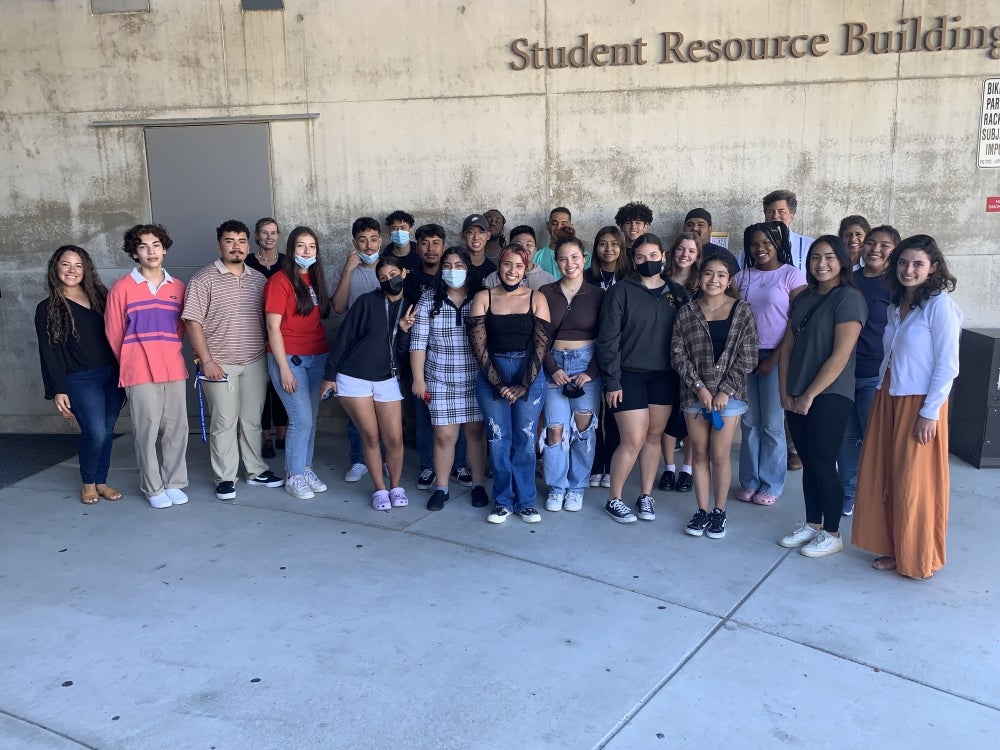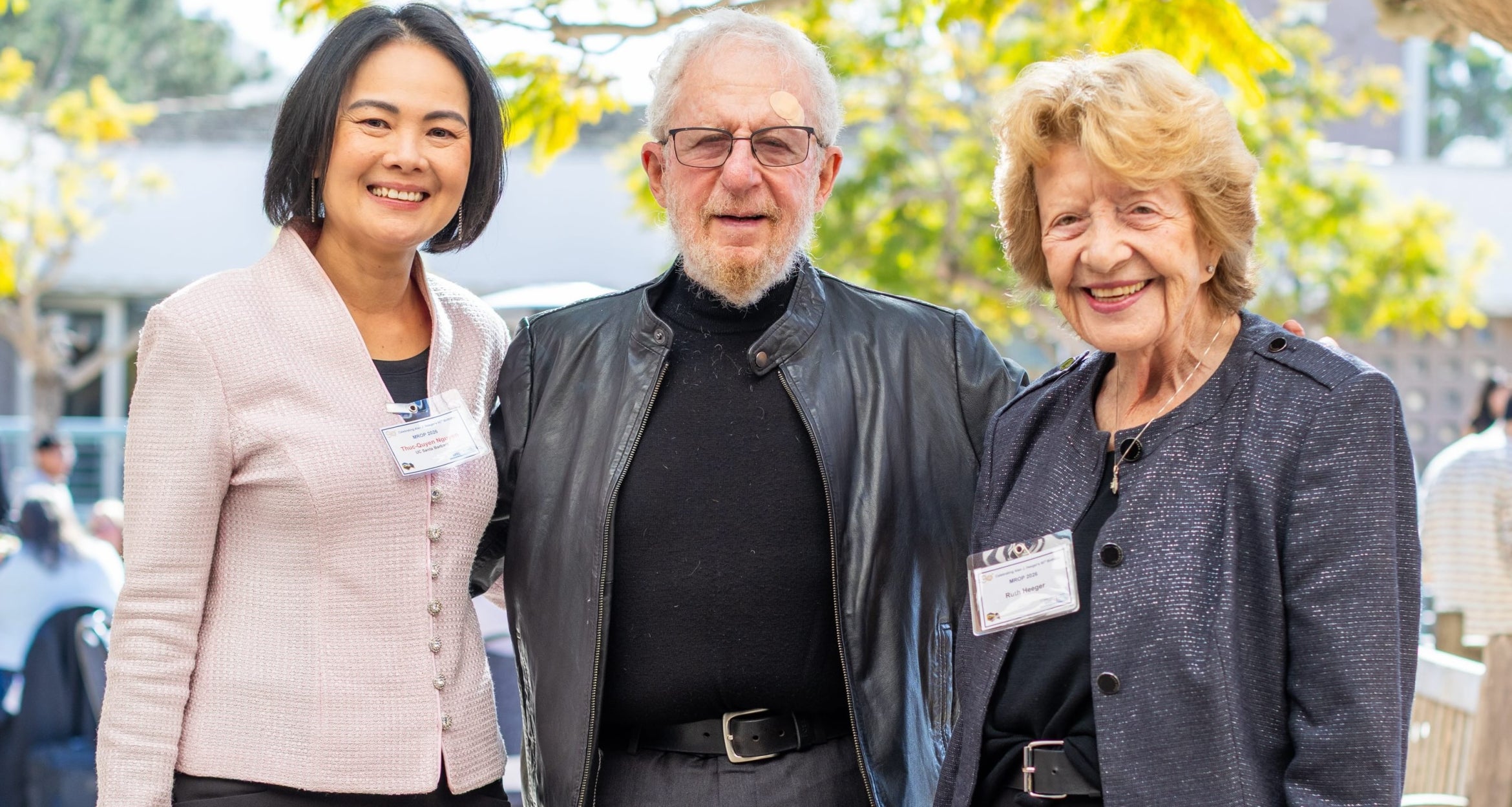
‘Charting Their Own Path’
Accomplished first-generation undergraduates in the social sciences at UC Santa Barbara are getting a boost thanks to a new program. The PRomoting OPportunity and Equity in Learning (PROPEL) Scholars Program is a donor-funded initiative for high-achieving, first-generation, low-income students majoring in the social sciences that aims to empower a select group of social science scholars by expanding their social and professional opportunities.
The program, which launched this fall with 22 students in its initial cohort, is designed to enhance the undergraduate experience for these students by giving them a $5000 annual scholarship as well as access to networking opportunities, peer advisors and assistance with registering for classes.
“Our first-year students in the social sciences are very talented, motivated and forward looking, yet a large number of them come from under-resourced high schools,” said Charles Hale, SAGE Sarah Miller McCune Dean of Social Sciences. “This means that they may not be in a position to take full advantage of the wonderful opportunities of a UC Santa Barbara education, and to adapt effectively in the face of the adversities that inevitably arise. The PROPEL program provides an additional ‘backstop’ for these students in the form of ‘wrap-around’ advising, financial resources and advice for holistic success.”
PROPEL Scholars also benefit from social events, career advice and, perhaps most importantly, shared experiences with a close-knit community.
“Academic and career advice are of course important,” said Hale. “Equally valuable, in our view, will be the social connections. Most importantly, we want PROPEL scholars to chart their own path, define success in their own terms and then turn to our program for help in achieving these goals.”
“Being a PROPEL scholar means so much for me because it has offered me a community to fall back upon,” said first-year student Josephine Barton, a communication major who is part of the inaugural cohort. “Having a community of students and staff here to help me make progress in my college career means so much for me, especially when multiple methods of counseling and aid were barred from me in high school due to low income.”
Hale has plans to expand the program in the coming years. “In the pilot phase, our PROPEL cohorts will comprise 20 to 25 students per year. This means that after four years, we will have over 100 PROPEL scholars,” he explained. “The need, however, is much greater than this. Our aspiration is to grow the program, with help from generous donors and external funds, to as many as 500 students.”
Many hands have helped shape PROPEL, including staff members who are available to answer any question a scholar might have. Especially involved in the program’s development process was the Division of Social Sciences Dean’s Cabinet, a group of philanthropic advisors who worked closely with the division in the conceptual phase. “They encouraged us to be audacious in our plans, and confident in the implementation of this program,” said Hale.
Hale promises that the program itself will continue to evolve as the number of students it serves grows. “For the first four years, the program will be in a constant state of evolution, learning from experience, exploring and testing new ideas, evaluating our achievements,” he said. “I have no doubt that the program will look different — and be much improved — four years from now, thanks to this critical assessment and constant innovation.”
Even as the program changes, one thing that will remain foundational is the idea of young scholars helping each other achieve. “To me the most valuable part of the program is the wonderful people within it,” said Barton. “There is never a wall of superiority within the program; you can have honest and fulfilling conversations with everyone whether they are a fellow scholar or a pioneer of the program itself.”



